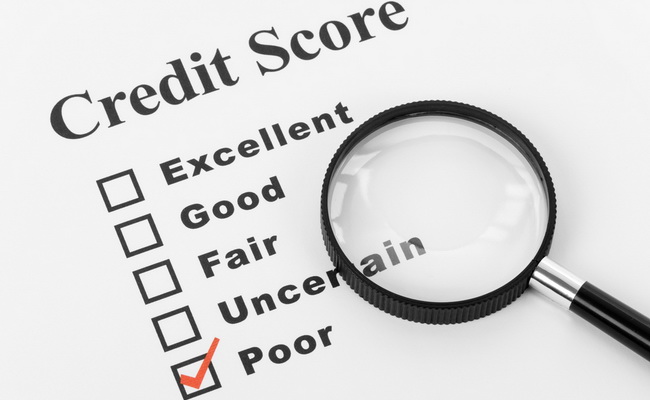Establishing a good credit score is sometimes depicted as something mysterious or undefinable. The reality is, there are objective factors that influence your credit score and you have the ability to alter them. Anyone who’s ever received free insurance quotes knows that your credit standing affects your ability to take out loans, refinance your home, or just open a bank account. Here’s the skinny on how to maintain a good credit score:
Live within your means.
This is an overarching rule that will protect you from a number of financial pitfalls. Shopping on a budget, balancing your checkbook, living frugally all exist under the canopy of living within your means. The shorthand of this is simple: if you only have $5 in your hand, you can’t spend $10 on lunch. This sounds simple, but if more people applied this basic truth to bigger expenses, we wouldn’t see such rampant debt across the country. You shouldn’t live at the edge of your income, and you certainly shouldn’t exceed it.
Don’t take on a home loan you can’t handle.
This is what got the housing market into the mess we currently find it, a debacle caused by irresponsible lending and borrowing. You know your financial situation better than anyone. And you’re the one who will be stuck with devastatingly poor credit if you can’t repay the loan and are faced with foreclosure. This falls under living within your means, but on a bigger scale. Sometimes you just have downsize your expectations and finance a home you can afford.
Don’t spend money you don’t have (with a credit card).
The credit card part is implied, as it’s really the only way you can spend money that you don’t actually have in your bank account. To be sure, it’s not bad to have a credit card. In fact, making regular payments with one is an excellent way of building your credit score. But the flip side of that is that missing payments and going into default can do incredible damage to your score. Use your credit card for small, monthly expenses, like utility bills, cell phone payments, and groceries—stuff that’s frequent enough to accrue good standing, but cheap enough that you will be able to pay it down at the end of the month.
A good credit score is the result of establishing financial responsibility to a number of different agencies over many years. There’s no silver bullet to producing a 740+ mark, but there are small, incremental changes you can make to your life that will produce a solid platform for you to stand upon in the future.

